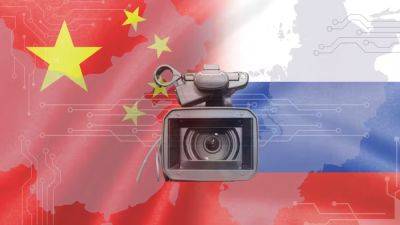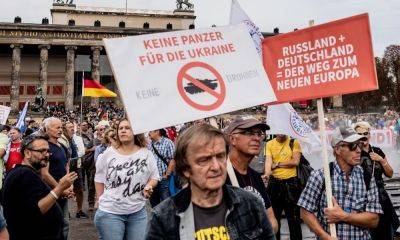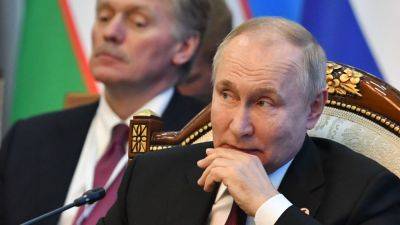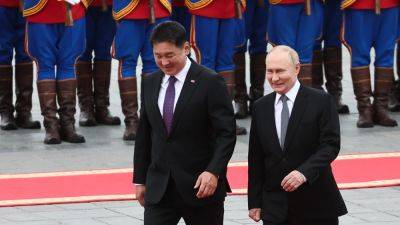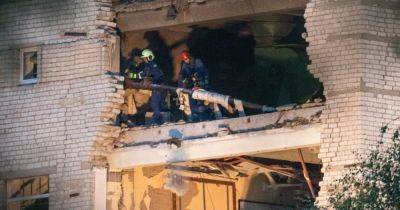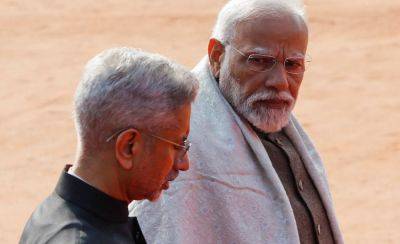Russia’s new nuke doctrine – tactical use risk or another empty threat?
Russia’s announcement this week that it is revising its nuclear weapons doctrine has raised questions about what this means – and whether it marks a significant escalation in its war in Ukraine.
Deputy Foreign Minister Sergei Ryabkov said in an interview the decision to change the nuclear doctrine was “connected with the escalation course of our Western adversaries.”
Russia’s existing nuclear doctrine was set out in a decree by President Vladimir Putin in 2020. It states that Russia may use nuclear weapons in the event of a nuclear attack by an enemy, or if a conventional attack “threatens the existence of the state.”
The document also opens the possibility of launching nuclear weapons if Russia receives warning of an imminent nuclear attack – not just after confirmation that Russian targets had been hit.
It also allows for their use in response to conventional attacks on vital facilities (for example, an early-warning radar system), which could make it difficult to detect and retaliate against a nuclear strike.
Russia’s modification of the doctrine in 2020 was apparently driven by military considerations, including advances in conventional missile systems.
By contrast, the latest signaling of changes to the doctrine would seem to fit more with a pattern of Russian saber-rattling aimed at discouraging and limiting Western support for Ukraine.
Nuclear saber-rattling
Nuclear threats are nothing new for the Putin government. One website has listed more than 50 instances of senior Russians making direct or indirect nuclear threats since the full-scale invasion of Ukraine in February 2022.
When he announced his “special military operation” on day one of the invasion, for example, Putin placed Russian nuclear forces on “high


